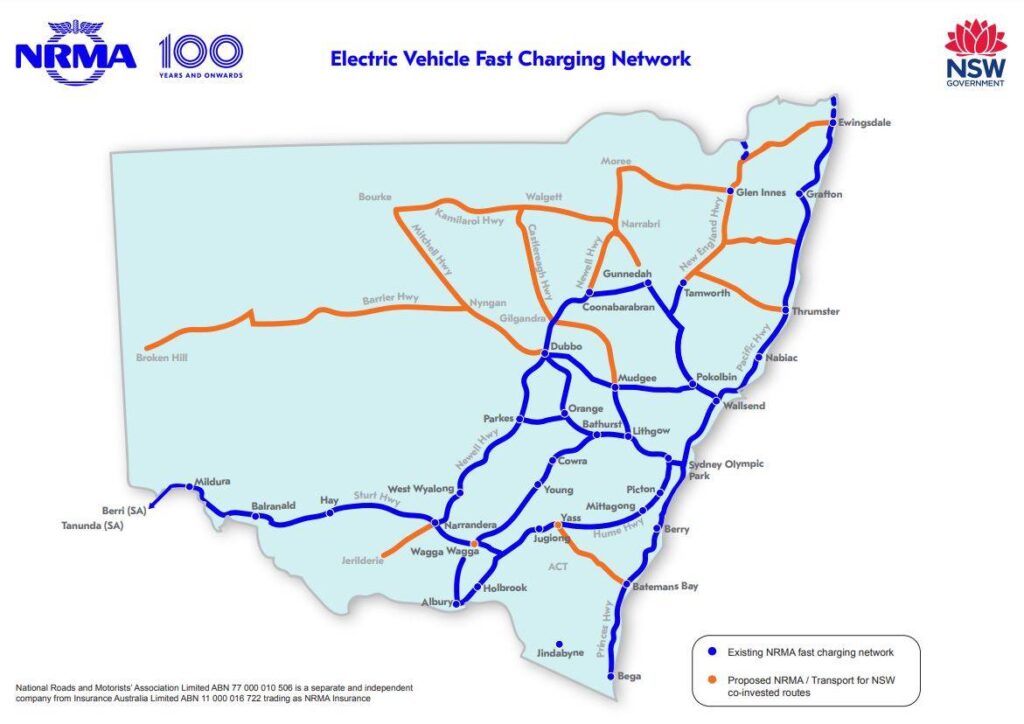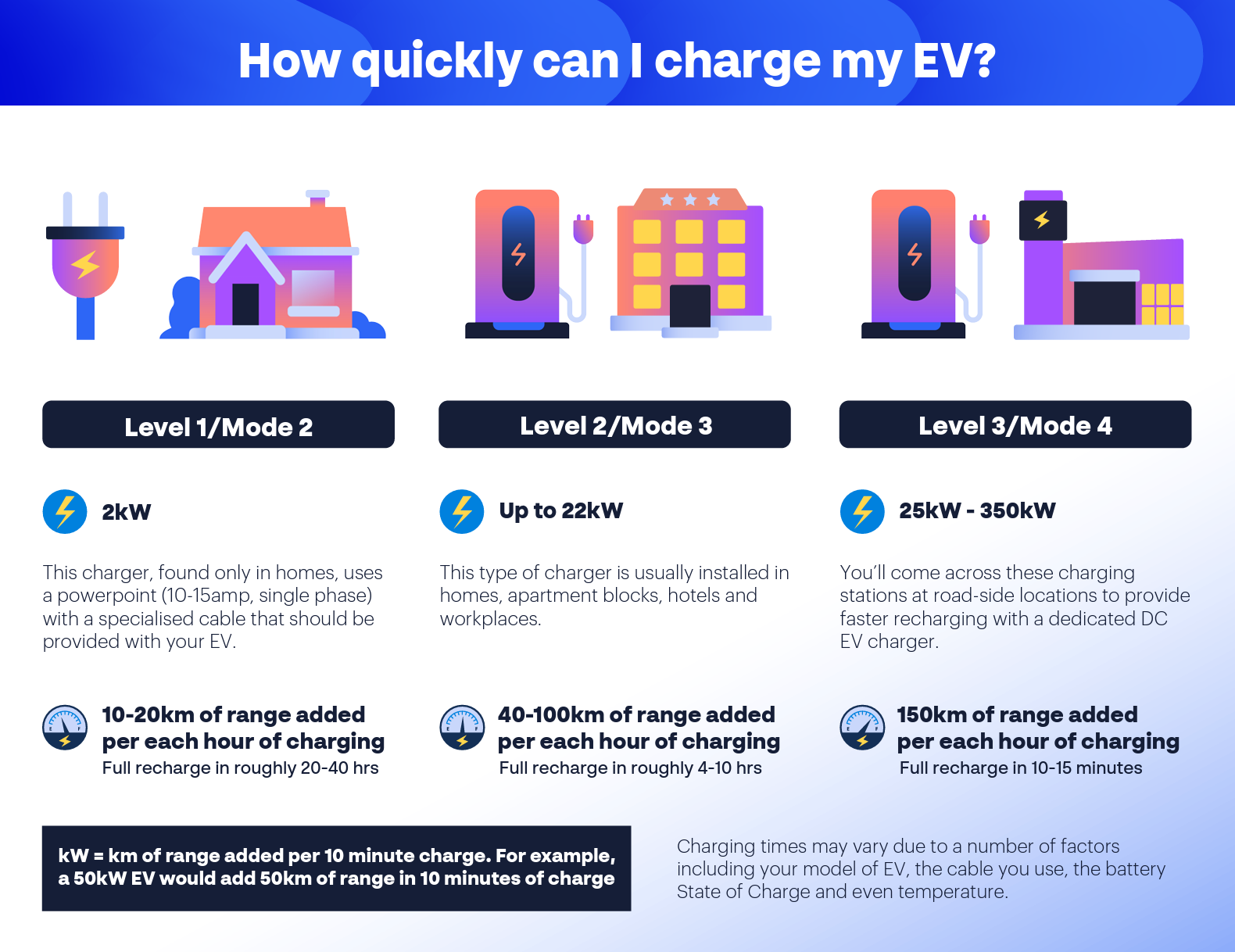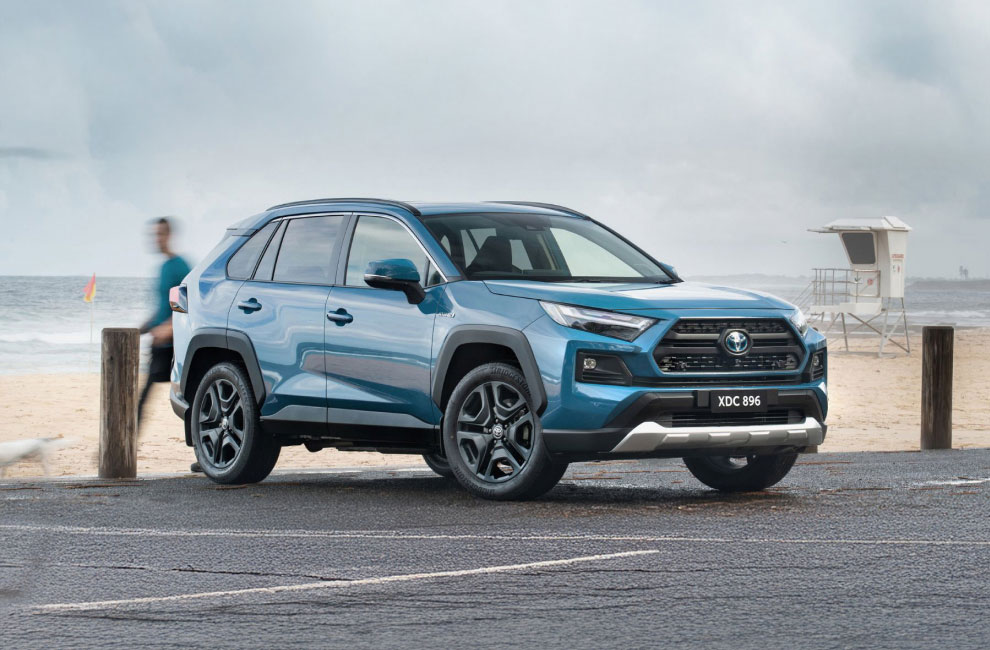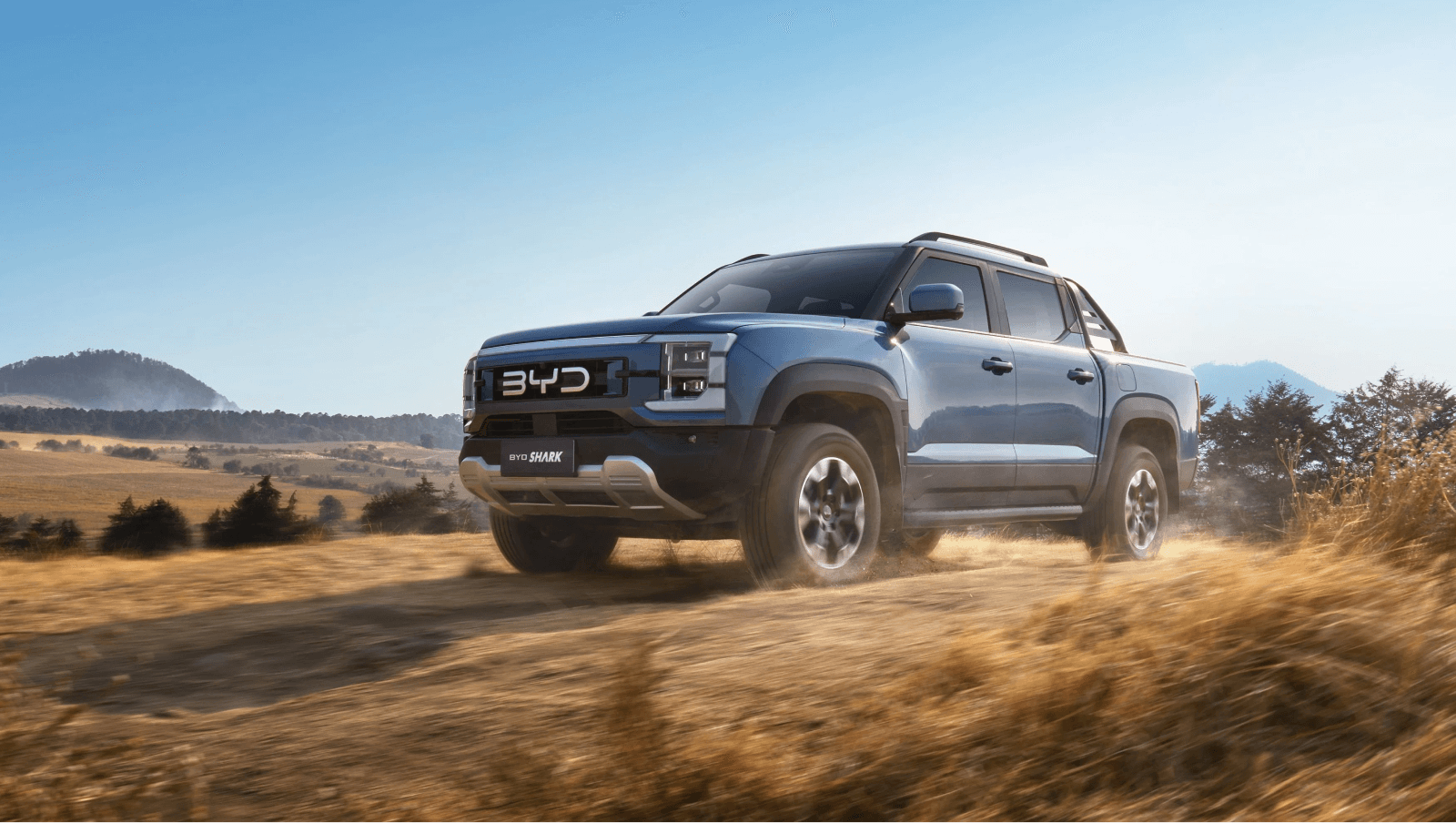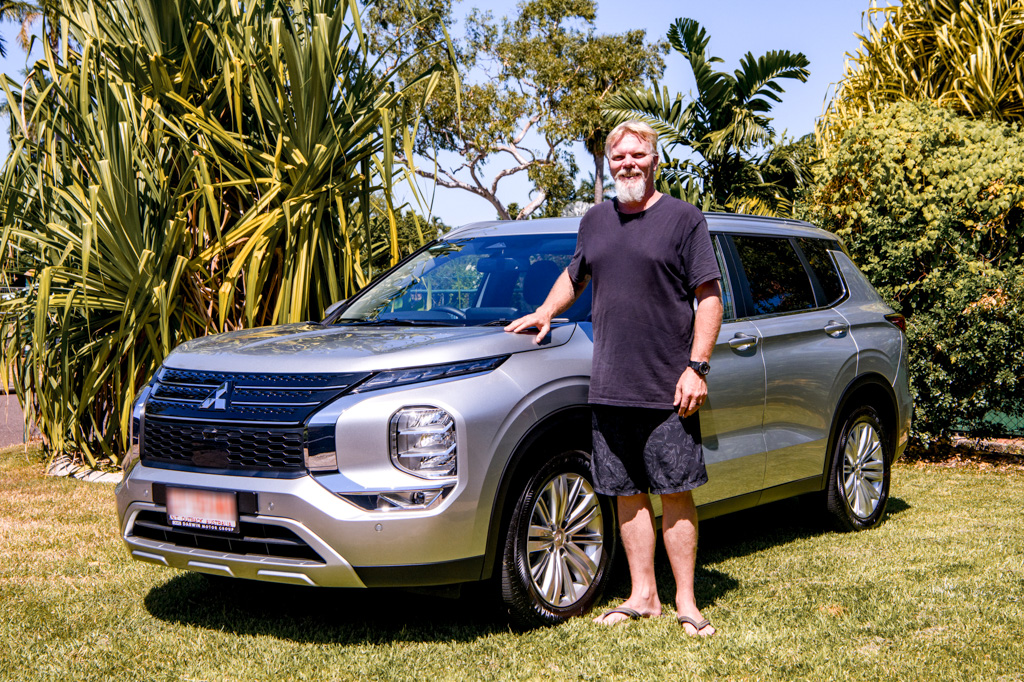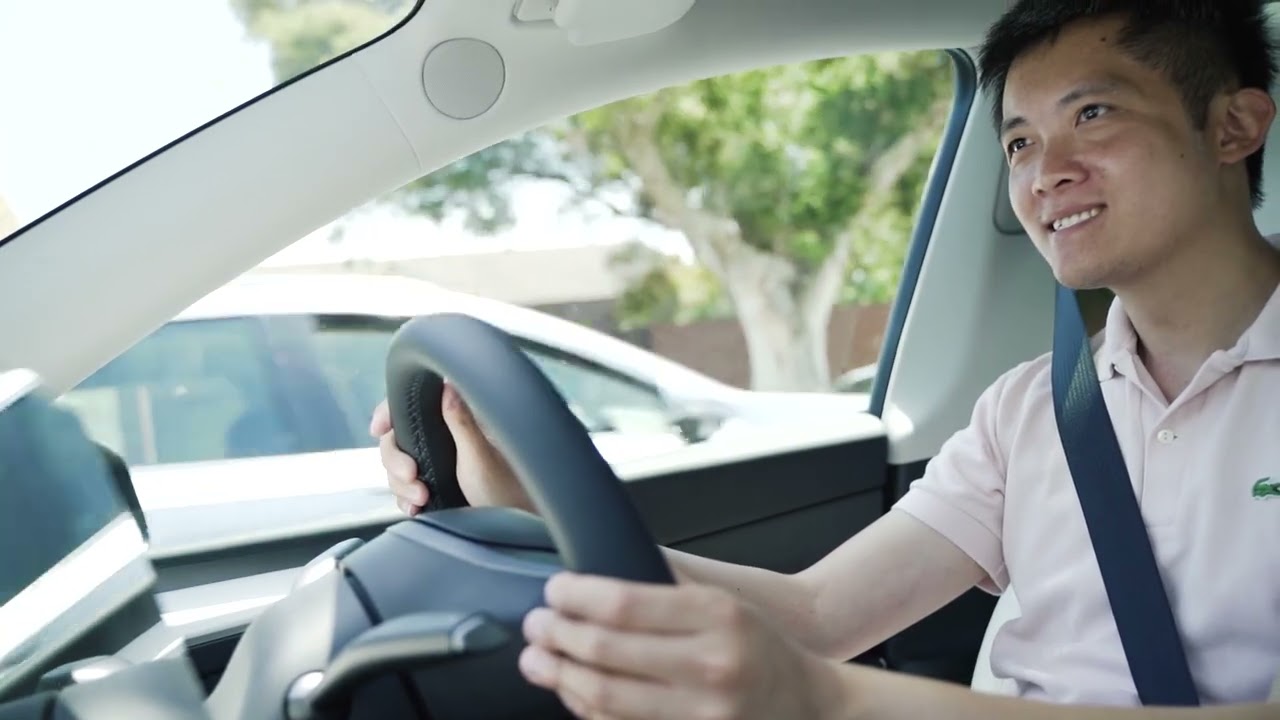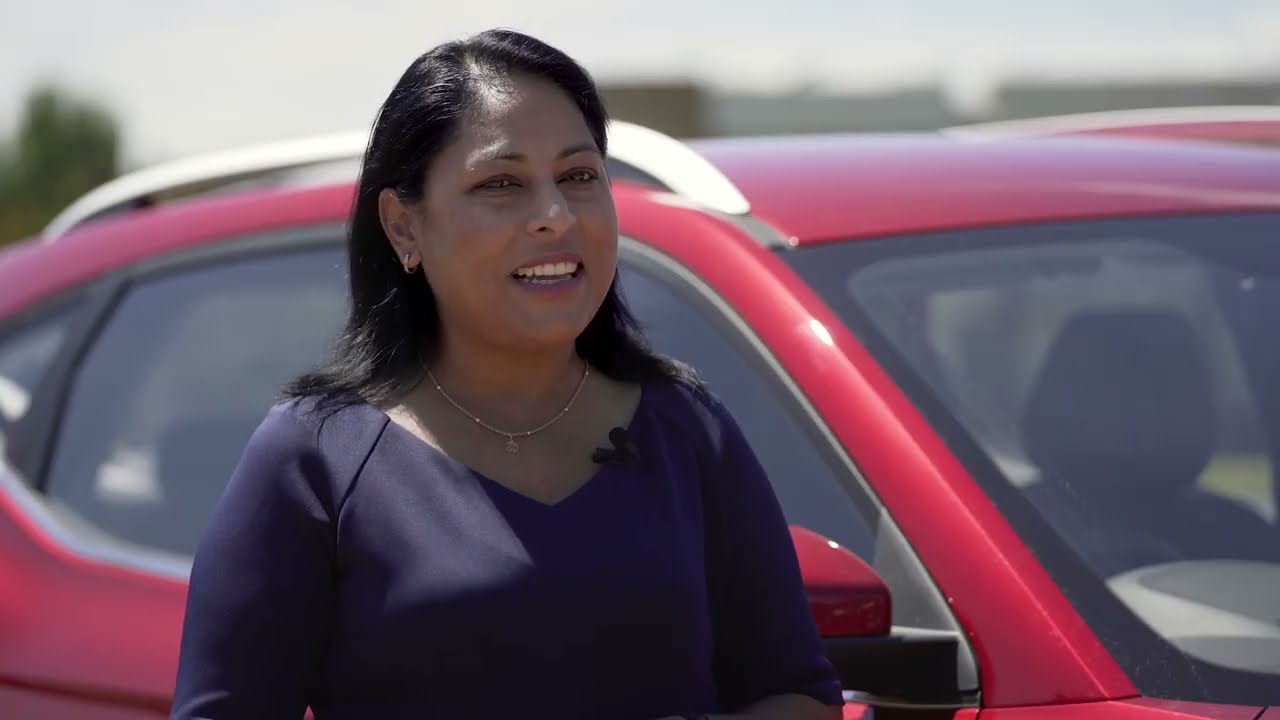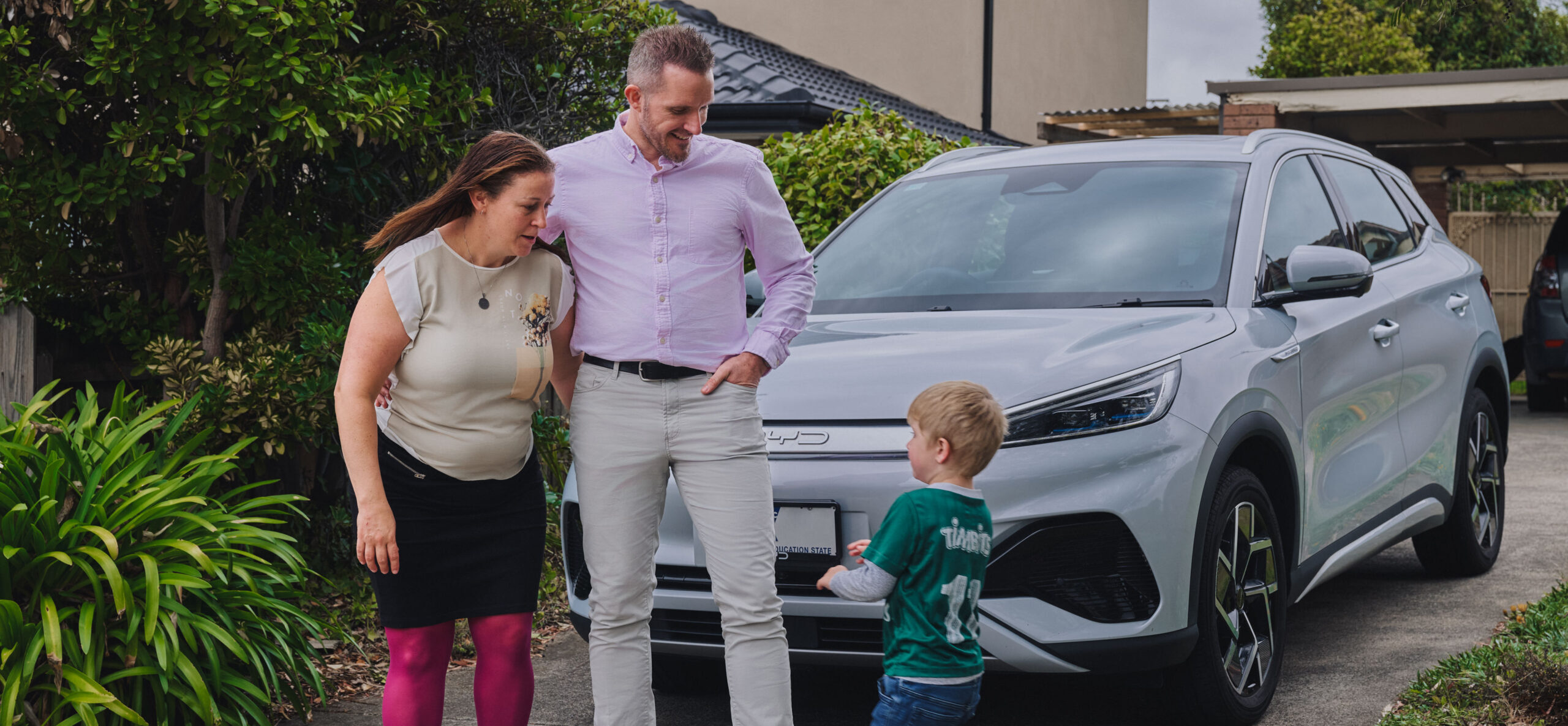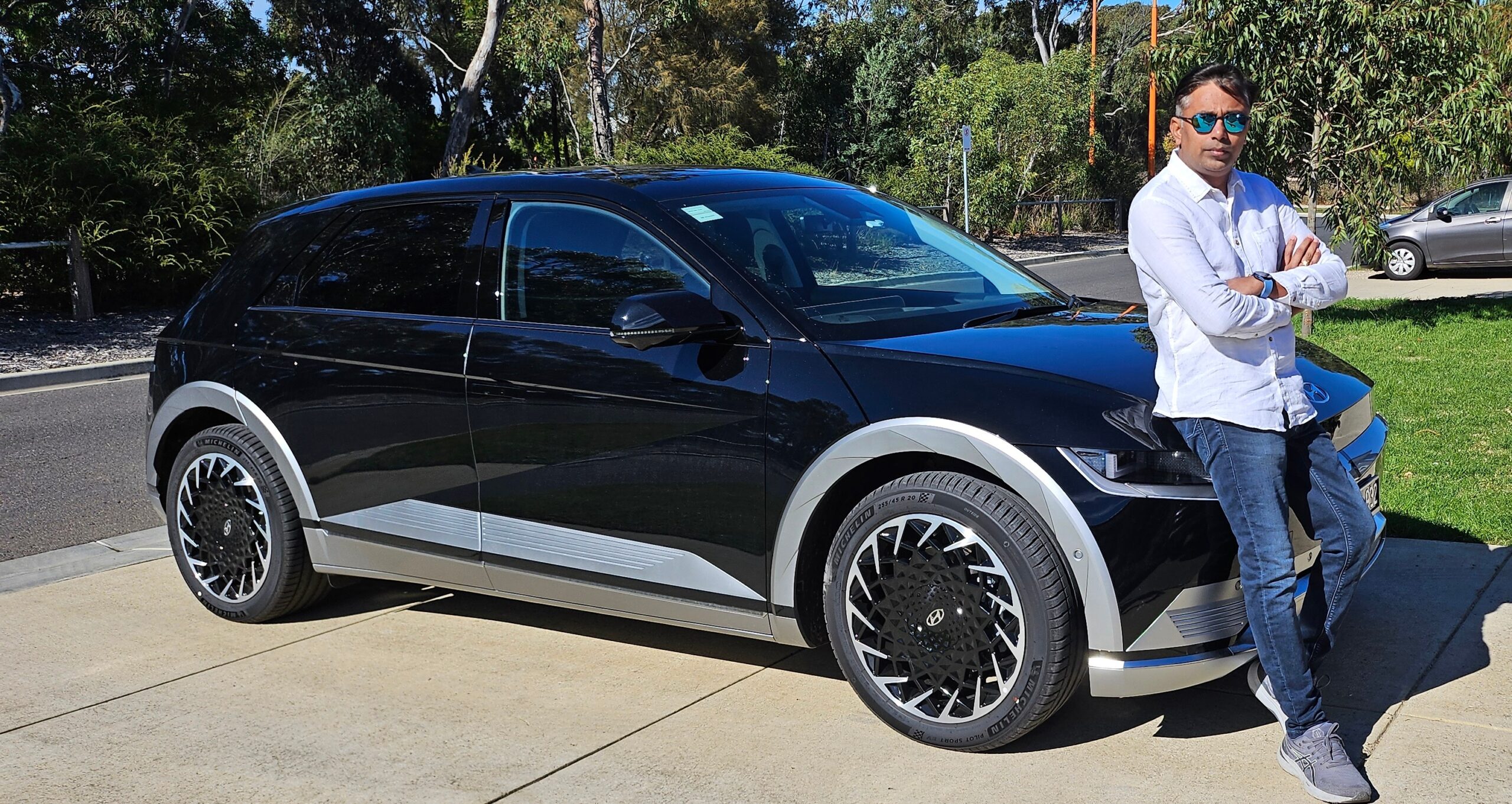
Lease a PHEV before April 1 2025 & pay no FBT
Plus get a $500 cashback from us. Browse our range of top selling Australian PHEVs today
Browse nowFlare National Employee Benefits Index
Explore insights from our comprehensive survey of 1500+ Australian workers across a variety of industries, revealing the benefits that genuinely make an impact.
Explore nowStruggling with high employee turnover?
Elevate your talent attraction and retention with free employee benefits. Uncover a platform that effortlessly entices, engages, and retains your valuable staff.
Get a free demoFlare customers at Healius have a retention rate of 98%.
See how leading healthcare organisation Healius turned turnover into triumph with Flare employee benefits.
Read Healius’ storyTake a deep dive into your industry’s data
Develop your business skills and HR expertise with the Flare Benefits Resource Hub. Get access to helpful tools, articles, guides, webinars, and other on-demand resources that can help your business attract, hire, and retain top talent.
Explore insights from our comprehensive survey of 1500+ Australian workers across a variety of industries, revealing the benefits that genuinely make an impact.
Contact the Flare team
Still haven't found what you're looking for? We're here to help.
Get in touch
